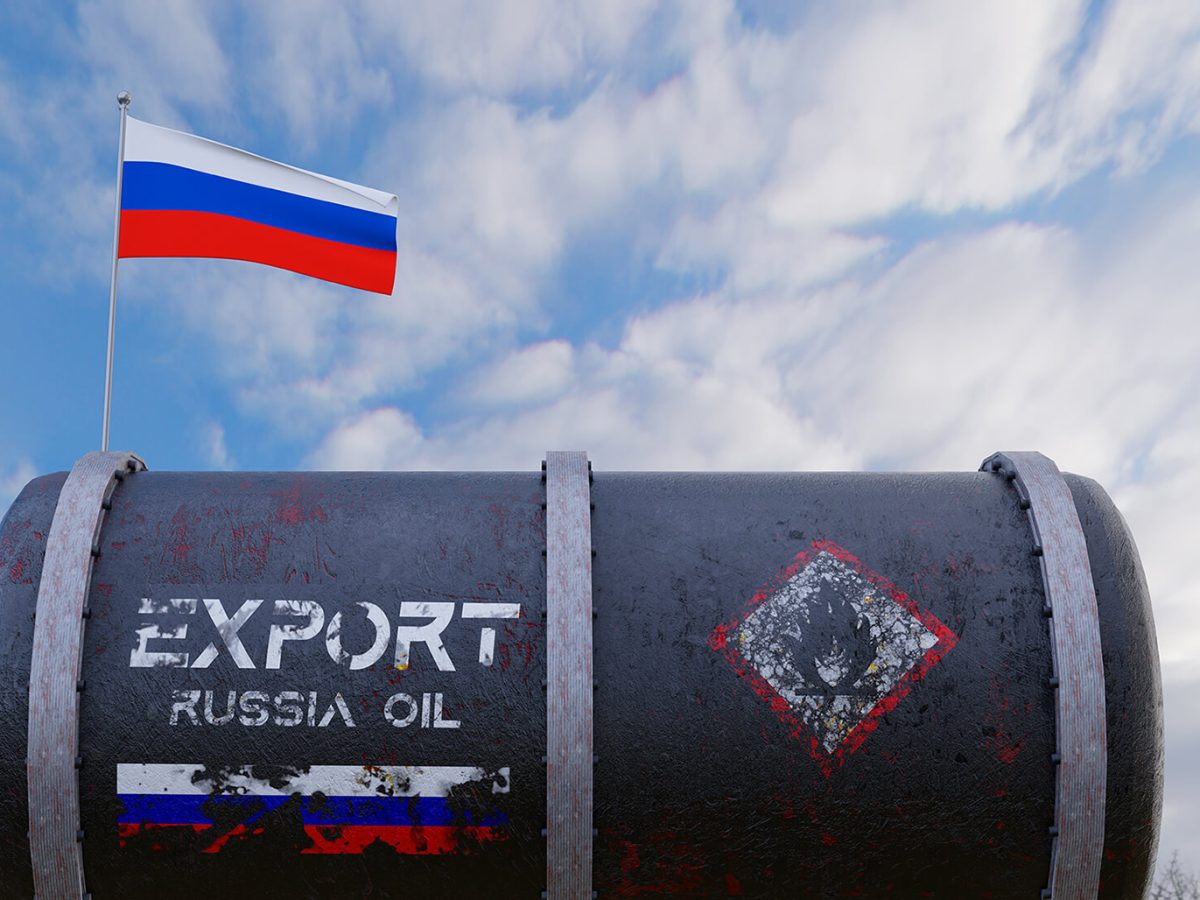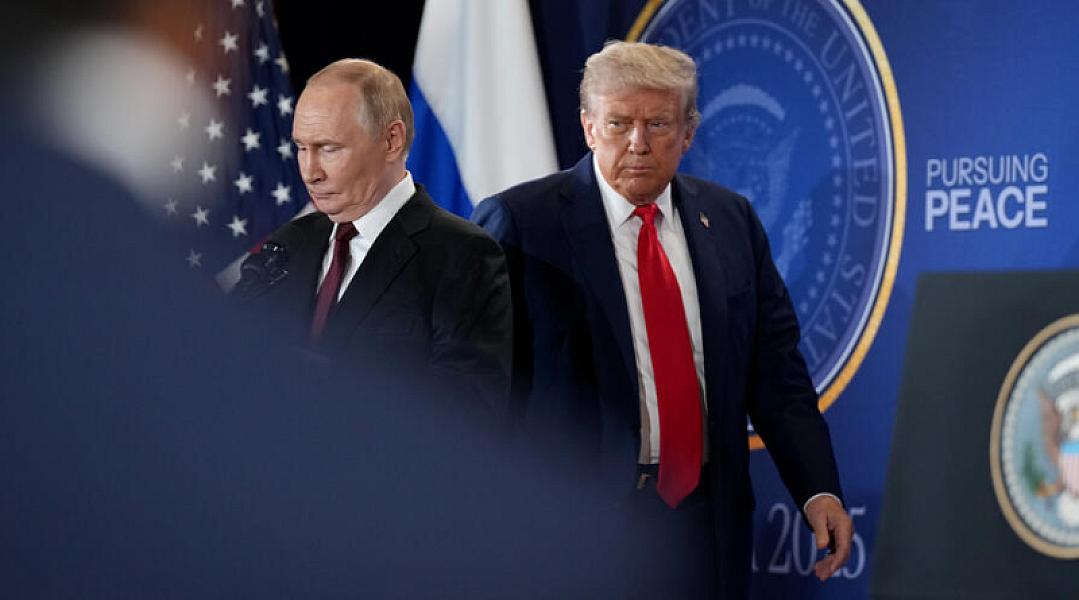US President Donald Trump is trying to end Russia's aggressive war of occupation against Ukraine by stopping various countries from buying oil from Russia. According to the White House host, if Russia cannot sell its oil and gas, the Kremlin will be forced to stop the aggressive war against Ukraine.
Meanwhile, Trump's next meeting with his Russian counterpart Vladimir Putin is being planned. The choice of Hungary's capital as the meeting place meets the interests of both parties. Hungary's Prime Minister Viktor Orban has good relations with both Donald Trump and Vladimir Putin.

By the way, according to Donald Trump’s claim, India’s Prime Minister Narendra Modi told him during a phone call that he was ready to stop buying Russian oil. Trump also said that India’s renunciation of Russian oil will take time. Nevertheless, the White House host said he is confident that India will gradually abandon Russian oil.
Delhi has not confirmed Trump’s statement that India will stop buying oil from Russia. Randhir Jaiswal, spokesperson for the Indian Ministry of Foreign Affairs, said that India’s energy policy objectives consist of ensuring stable prices and reliable supply of energy carriers.
This means that India is not preparing to abandon Russian oil. Since Russia sells oil to India cheaper than world prices, India’s oil refineries profit from this. If India refuses Russian oil, it will have to increase oil purchases from Gulf countries.
Trump is trying to make China abandon Russian oil as well as India. However, Beijing has declared that it will not comply with Washington’s demands. Beijing is against the sanctions imposed by Washington.
Interestingly, Japan, a strategic ally of the US, also buys oil from Russia. US Treasury Secretary Scott Bessent noted the necessity for Tokyo to stop importing energy from Russia. He said this during a meeting with Japan’s Finance Minister Katsunobu Kato. It appears that Russia’s cheap oil also attracts Japan. However, unlike Delhi and Beijing, Tokyo is obliged to comply with Washington’s demand. The main market for Japanese products is the US. Japan has pledged to invest 550 billion dollars in joint projects with the US.
Elkhan Shahinoglu,
political scientist

